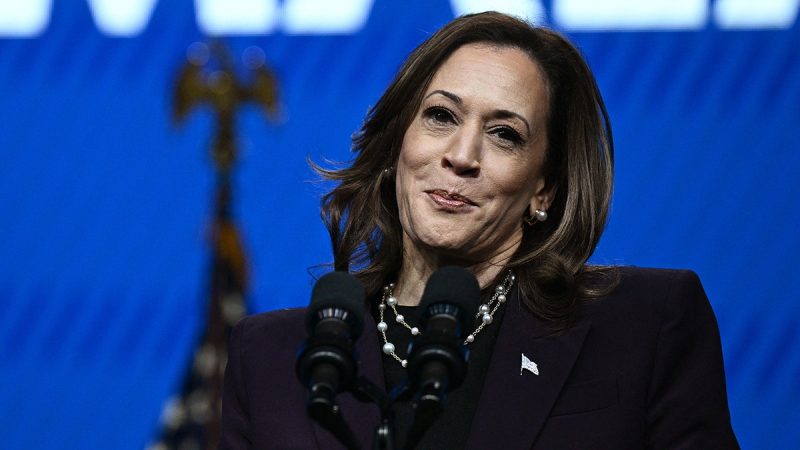In a recent turn of events, Senator Kamala Harris’s campaign has made the bold claim that she no longer supports a ban on fracking, a stance that she previously championed in a 2019 report. This change in position has sparked intense debate and scrutiny among political circles and the public alike. Harris’s apparent reversal on this issue brings to light the complexities and challenges that politicians often face when navigating the delicate balance between environmental concerns and economic interests.
One of the key factors driving this shift in Harris’s position on fracking is likely the intricate interplay between energy policy, economic growth, and environmental sustainability. Fracking, also known as hydraulic fracturing, has been a contentious practice due to its potential environmental impacts, including water contamination, air pollution, and seismic activity. However, proponents of fracking argue that it has contributed significantly to boosting domestic energy production, reducing reliance on foreign oil, and creating jobs in the energy sector.
Harris’s evolving stance on fracking underscores the nuanced decision-making processes that politicians must undertake when crafting policies that address competing demands and interests. On one hand, advocating for a ban on fracking aligns with progressive environmental goals and appeals to voters concerned about climate change and pollution. On the other hand, supporting the domestic energy industry can be seen as a strategic move to bolster the economy, create jobs, and ensure energy security.
The timing of Harris’s reversal on the fracking ban is also critical, considering her current role as the Democratic vice-presidential nominee. As part of the Biden-Harris ticket, her policy positions are under increased scrutiny, and any shifts in stance are subject to intense scrutiny and critique. Harris’s decision to distance herself from the fracking ban may be a strategic maneuver to appeal to a broader base of voters, including those in key battleground states where the energy industry plays a significant role.
The controversy surrounding Harris’s flip-flop on fracking serves as a reminder of the fluid and sometimes opportunistic nature of political positions. While politicians are expected to demonstrate consistency and integrity in their policy stances, the realities of campaigning, governing, and responding to evolving circumstances can lead to shifts in positions that may seem contradictory or expedient. As voters evaluate Harris’s stance on fracking and other issues, it is essential to consider the broader context within which these decisions are made and the complexities involved in balancing competing interests.
Ultimately, the debate over fracking and other contentious issues highlights the need for transparent and informed dialogue between policymakers, experts, and the public. By engaging in robust discussions and debates, we can work towards developing sound policies that address pressing challenges while taking into account diverse perspectives and interests. As Senator Harris navigates the complexities of the fracking issue, her evolving position underscores the delicate balancing act that politicians often face in crafting policies that seek to reconcile competing priorities and values.

